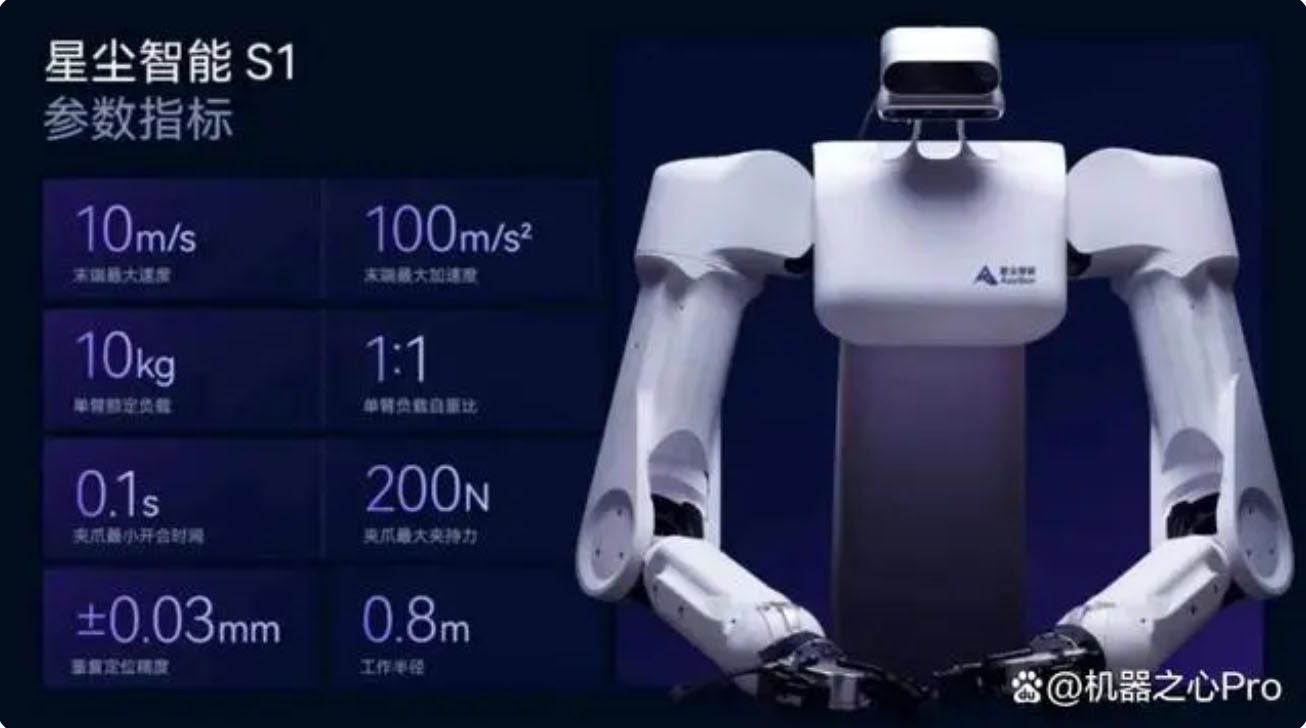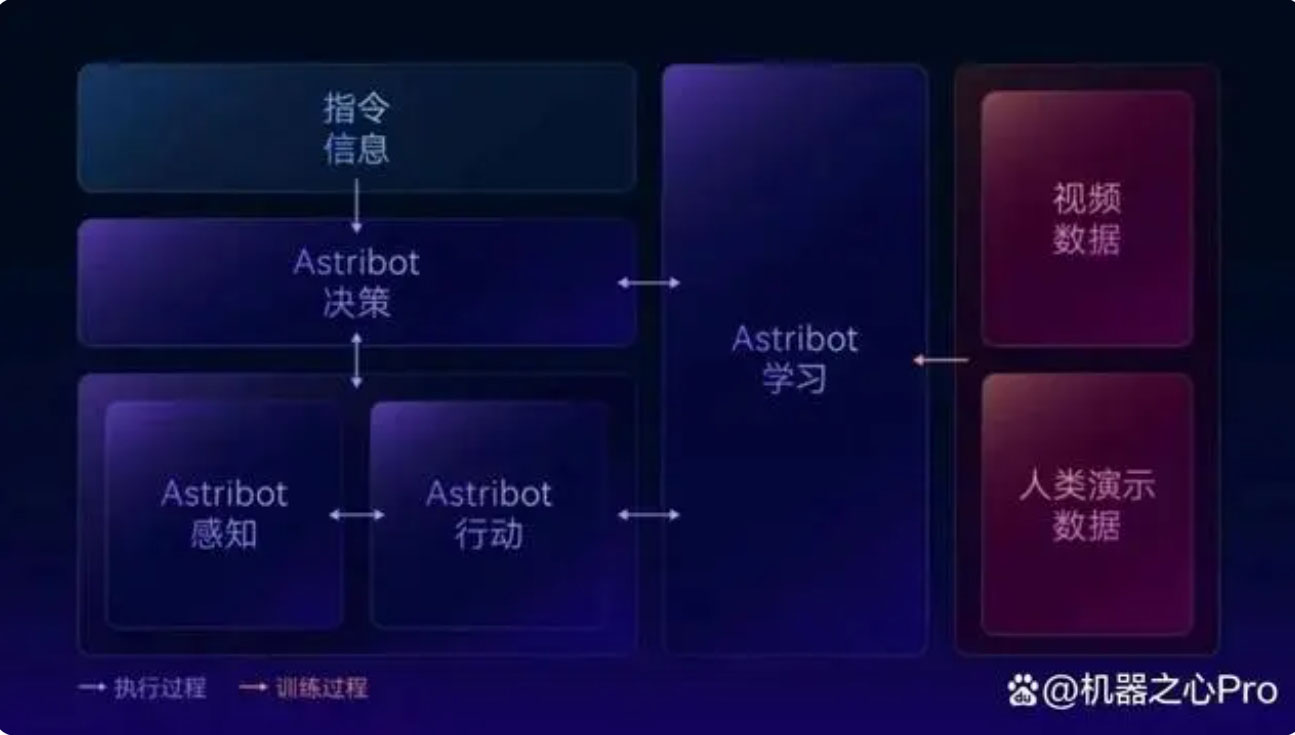Call Us Now
TEL: +86-4000988557;
Teams: gfreex@hotmail.com;
WeChat: Troysupply_com;
QQ ID: 8936906.
As AI accelerates towards the holy grail of AGI (general artificial intelligence), the combination of large models and robots is an inevitable trend. For decades, the market for single-purpose robots has been saturated, and the huge potential of AI general-purpose robots is waiting to be tapped.
Just now, Astribot S1, a self-developed AI robot from Stardust Intelligence, demonstrated the "strongest operating performance" among robots of the same specification.
In the unaccelerated 1x speed video (the industry is commonly 3 to 10x speed), the S1 robot demonstrated excellent performance in home and work scenes, completing a series of complex tasks such as folding clothes, sorting items, flipping pots and cooking, vacuuming and cleaning, and competitive cup stacking.

Through imitation learning, S1 can perform a variety of complex tasks useful to people with the agility, flexibility and smoothness comparable to that of an adult, setting a new standard for AI robots. The S1 robot has been connected to large-scale model testing and is expected to be commercialized within 2024.
Stardust Intelligence CEO Lai Jie said: "Our goal is to enable billions of people to have AI robot assistants. The new generation of AI robots are "Naturally Yours". They can learn, think and work like humans, use human tools and equipment, help people complete boring, difficult or dangerous tasks, and even adapt to the environment and changes, so as to truly take care of the elderly and children in the family. Such a world will require millions or even billions of robots. We welcome everyone to make more demands on S1 so that its capabilities can grow from 55%, 85% to 99.99%, infinitely close to the human level."

It is understood that the R&D team of Stardust Intelligence has made a key breakthrough in "software and hardware collaboration". The development of S1 took a year, and it has both an intelligent "brain" (software) and an agile and flexible "body" (hardware).
In terms of software, it supports a variety of data collection methods such as video, motion capture and remote operation, and can use reinforcement learning, imitation learning and multi-modal large models to complete learning and training. The robot can be upgraded with the software to continuously improve its intelligence and multi-task generalization capabilities.

In terms of hardware, the self-developed high-performance motor transmission system has undergone multiple iterations and integrated multiple complex systems such as control, sensing, transmission and drive, providing the S1 robot with agile, flexible and smooth dynamic operation capabilities, close to the speed and precision of industrial robots. In addition, the head, hands and torso are modularly designed and can be flexibly assembled or disassembled according to different needs to improve task adaptability.


It is worth mentioning that Stardust Intelligence takes safe interaction as the benchmark and adopts an innovative design method centered on force, which makes S1 as safe as a collaborative robot. It can accurately control the interaction strength with the human body, objects and the environment, and will not hurt people, objects or itself during movement.
Lai Jie, the founder of Stardust Intelligence, has 16 years of experience in robot research and development. He has worked in Tencent Robotics Laboratory (employee No. 1), Baidu "Xiaodu Robot" (team leader), Hong Kong Polytechnic University, etc. He has designed many new robots, led the development of wheel-legged robot Ollie at Tencent, and continued to promote the combination of robots and artificial intelligence technology.
The team background includes cutting-edge technology companies such as Tencent, Google, UBTECH, Baidu and Huawei, and is experienced in solving unprecedented scientific problems and transforming innovative technologies into commercial products.
The name of Stardust Intelligence (Astribot) comes from the ancient Latin proverb "Ad astra per aspera", which means "travel through hardships to reach the stardust." Lai Jie explained: "It will take another five to ten years for AI robots to enter thousands of households. Partners with such long-term ambitions are welcome to join us to turn AI robots from dreams into reality."
Finally, let's review the operating capabilities of S1:






Household robots;
Home service robot;
AI Robot
 Online service
Online service 4000988557
4000988557 sales1@troysupply.com
sales1@troysupply.com sales2@troysupply.com
sales2@troysupply.com Richard Liu
Richard Liu TROY
TROY 8936906
8936906 Troysupply_com
Troysupply_com